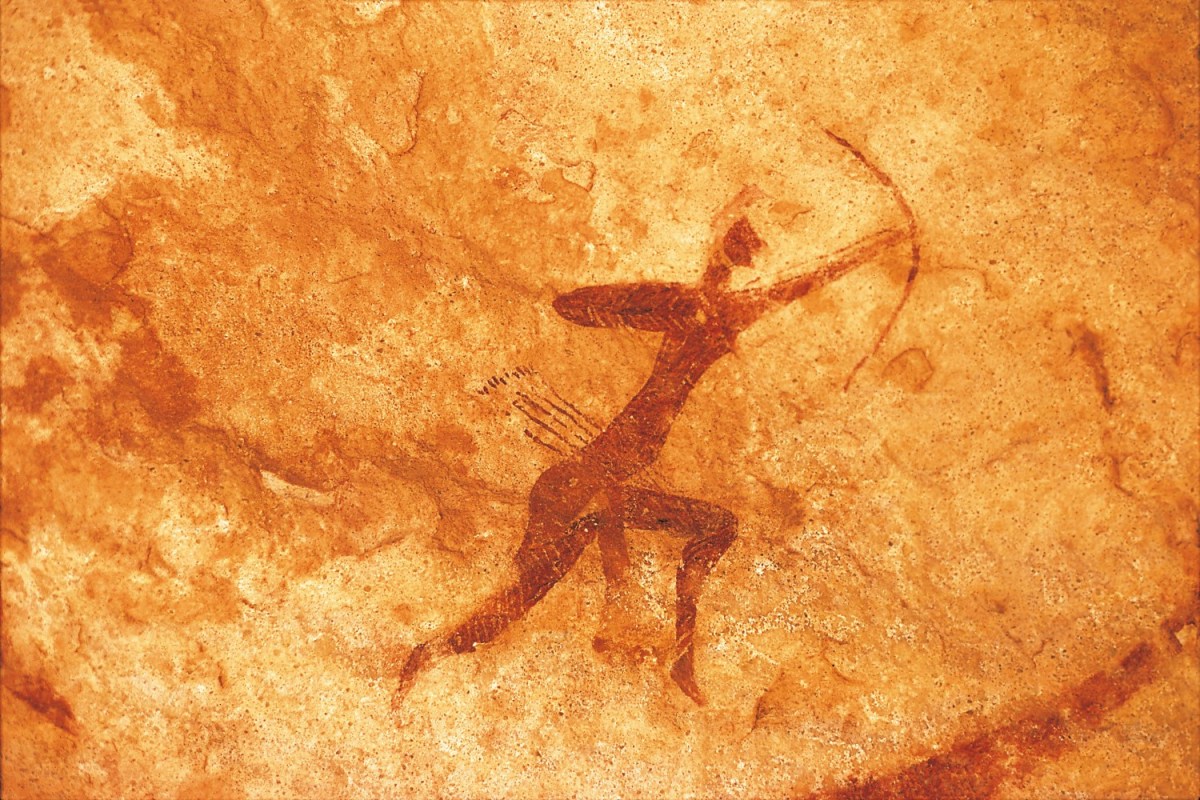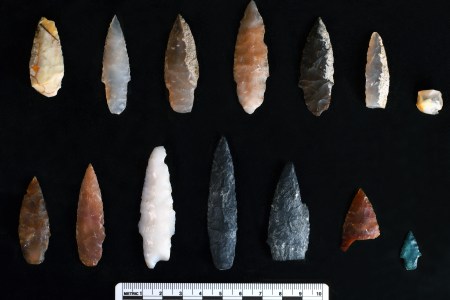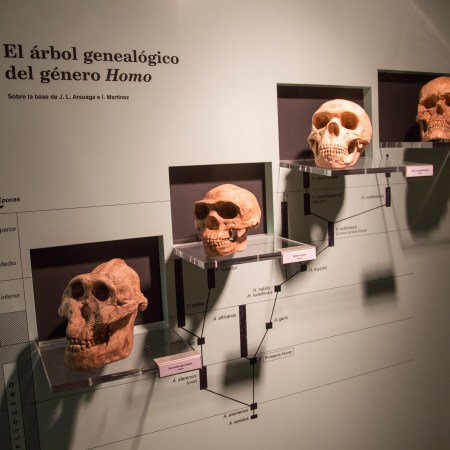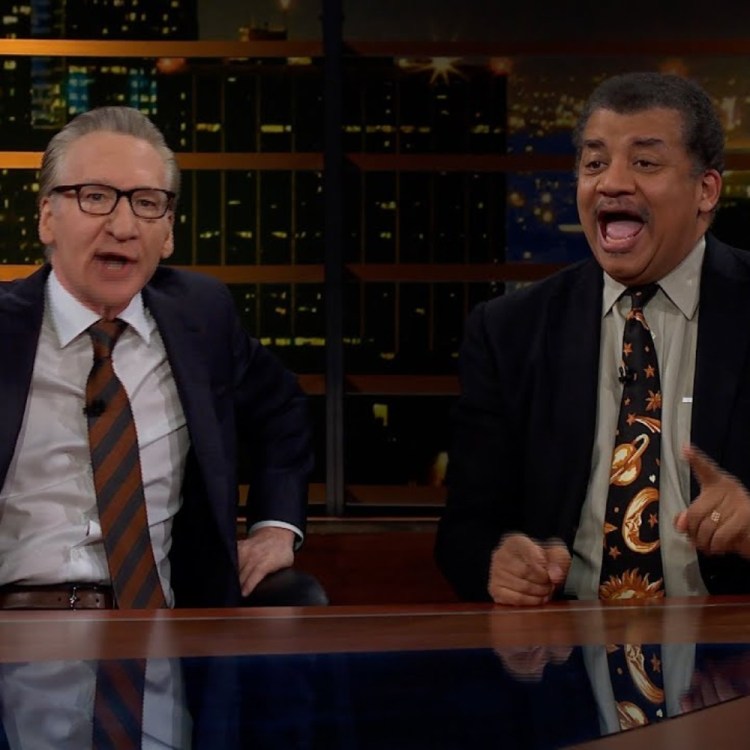If you’ve ever thought about ancient humans in search of food, it might be time to revisit your assumptions around who was doing what in that arrangement. Specifically, if you’ve ever believed that hunter-gatherer societies divided labor strictly along gender lines, a group of scientists has some news that might upend those expectations. Writing at NPR, Nurith Aizenman has more details on a recent study that finds that ancient women were a lot more involved in hunting than was previously believed.
These new findings were detailed in a study published in Plos One, titled “The Myth of Man the Hunter: Women’s contribution to the hunt across ethnographic contexts.” Citing “[r]ecent archeological research,” the scientists note the emergence of “evidence that females hunted (and went to war) throughout the Homo sapiens lineage.” The study’s authors point to evidence found in ancient societies ranging from Sweden to the Andes that suggests that women were actively involved in hunting.
NPR’s report has even more details on the researchers’ findings — including the impressive statistic that 79% of the societies studied featured women hunting. “Women had their own toolkit. They had favorite weapons,” Cara Wall-Scheffler, one of the study’s authors, told NPR. “Grandmas were the best hunters of the village.”
Archaeologists Discover Ancient Weapons in Idaho
The find redefines the history of North AmericaThe scientists analyzed 63 different societies, and found another impressive number when it came to those societies that relied on hunting the most. “In societies where hunting is considered the most important subsistence activity,” they wrote, “women actively participated in hunting 100% of the time.” It’s a thought-provoking revision of certain expectations about ancient history.
Thanks for reading InsideHook. Sign up for our daily newsletter and be in the know.


















